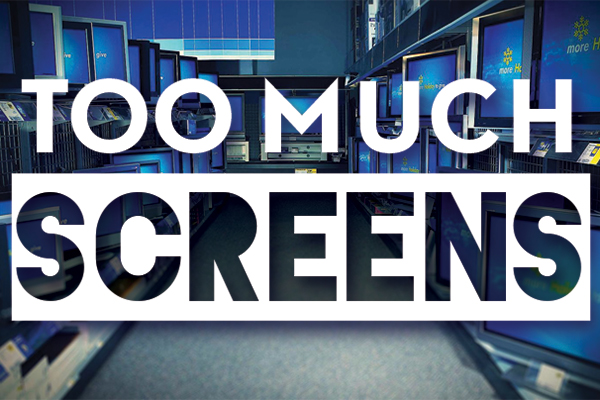Too much screens | Issue 24
The Leftovers
With it's shifting perspectives and its bleak subject matter, watching The Leftovers can be a disorientating and mildly alienating experience. But the show is easier to understand, and will endear itself to you more if, rather than approaching it as a mystery to be solved, you see it more as a meditation on loss and depression. The world in the show has come to be defined by an unexplainable void, a niggling sense that when it comes down to it the world can't really be understood in the communal, hopeful ways that society-at-large seems to want us to. The process of grappling with cosmic powerlessness is so different for everyone that, rather than uniting people, it creates rifts between them. It's these tensions that The Leftovers trades in; one person's optimism offends another's more pessimistic attempts to come to terms with the new reality, and vice versa.
One big way that the show looks at these tensions is by diving into the inner workings of one of the many “cults” that has sprung up since the event, the Guilty Remnant. The Guilty Remnant wear all white, don't speak, chain smoke, and hang around watching particular people going about their daily lives, in an effort to prevent people from forgetting what happened. Naturally, this pisses off people who attempt to do exactly the opposite of that and move on with their lives, and when the Guilty Remnant stage a demonstration of sorts, tensions in Mapleton quickly boil over. The tensions aren't just between cult-members and non-members though; they hang over every interaction and relationship on the show, from Kevin and his daughter, to the town pastor and the people he's trying to help.
At a basic level, people are having trouble relating to one another because there is no longer a commonly accepted world-view. We have cultural narratives to explain most things in our lives, from affection, to death, to heartache. Usually we make sense of trauma by adapting narratives provided for us by the dominant culture. Sometimes, however, we don't have anything to draw on; from the loss of a child to a loss of faith, there are things that can't be satisfactorily explained for us. In the world of The Leftovers, like for many people in times of crisis, the world-views we have in common have vanished, and individuals have been left to fend for themselves, suddenly responsible for making new narratives, and for defending those narratives against any that conflict. At times, it can make for bleak and confronting viewing, but ultimately The Leftovers tackles loss and a depressive world-view head-on.






